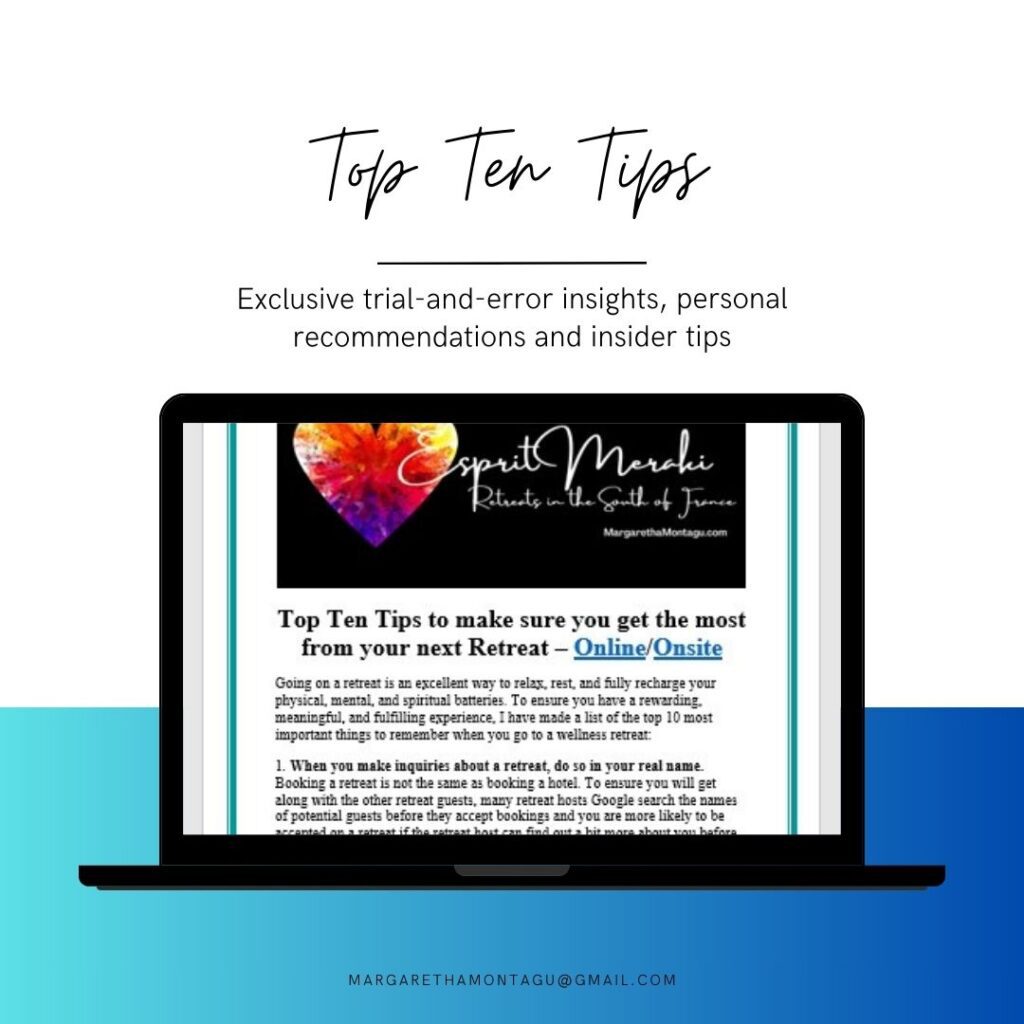In the hustle and bustle of our daily lives, finding effective and easily accessible tools for stress management is crucial. Journaling can be a powerful and versatile method to reduce stress. It offers a safe space to work through thoughts, emotions, and experiences. It not only promotes self-discovery but also provides a structured means of understanding, confronting, and ultimately alleviating stressors. Whether used as a daily reflection or during challenging moments, journaling can be an invaluable aid to developing resilience.
50 Journaling Prompts
- Reflect on the sources of stress in your life. What specific situations, experiences or circumstances make you feel stressed, and why?
- Describe a recent seriously stressful experience. What emotions did you feel, and how did you react?
- Review your daily routine. Are there any habits that raise your stress levels? Ex. Procrastination, perfectionism, lack of boundaries, overthinking, overcommitting, poor time management etc. How might you change/get rid of these habits?
- List three people you are grateful to have in your life. How do these people impact your overall well-being and ability to cope with stress?
- Identify your physical stress responses. How does your body react to stress, and what physical sensations do you notice?
- Create a stress inventory. List the stressors in your life you can control and those you cannot ex. conflict in relationships at work and home. Develop a plan to address the controllable ones.
- Write a letter to yourself that you can read during a stressful moment. Offer words of encouragement, add stress management quotes and advice about how to handle difficult situations.
- Consider your support system. Who can you turn to when feeling stressed? Reflect on the importance of these connections.
- Explore mindfulness techniques. Describe a moment when you fully engaged in the present. How did it affect your stress levels?
- Evaluate your work-life balance. Are there adjustments you can make to create a healthier equilibrium?
- Describe/create a daily stress-busting self-care routine. What activities or practices help you relax and recharge?
- List tasks that cause you to feel overwhelmed. Break them down into smaller, more manageable steps, and create an action plan.
- Reflect on your sleep patterns. How might improving your sleep hygiene positively impact your stress levels ex. going to bed earlier, at the same time each night, less screen time just before bed etc?
- Explore your relationship with time. Are you often late, rushing or feeling pressed for time? What time management strategies could you implement?
- Consider your self-talk during stressful moments. Identify negative thoughts and reframe them with positive affirmations.
- Write about a stressful situation you coped with successfully in the recent past. What coping strategies did you use, and what did you learn from the experience?
- Explore the impact of technology on your stress levels. Are there boundaries you can set to create a healthier relationship with screens ex. limit your use of social media?
- Consider your physical activity. How could committing to regular exercise contribute to stress relief in your life?
- Reflect on your eating habits. Are there dietary changes that could positively influence your ability to manage stress?
- Create a vision board representing a stress-free version of your life. What specific changes can you make to realise this vision?
- Explore your boundaries. Are you comfortable saying no when you have to? How can you establish, clearly communicate and enforce your limits?
- Write a letter to “Stress” itself. Express your feelings about its presence in your life and set intentions for managing and using it more effectively.
- Consider your personal values. How aligned are your daily activities, circumstances and relationships with these values, and what adjustments can you make to bring your life in alignment with your values?
- Describe a place, person, pet or activity that brings you peace. How can you incorporate/increase access to this place, activity, pet or person into your daily life?
- Explore the concept of “flow” — times when you are fully immersed and engaged in an activity. How can you create more flow experiences daily to reduce stress?
- Reflect on your expectations about your achievements. Are they realistic, or do they contribute to unnecessary stress? How can you adjust your expectations?
- Consider the role of humour in stress management. Identify sources of laughter in your life ex. funny YouTube videos, spending time with friends who have a good sense of humour etc.
- Explore your inner critic. What messages does it send during stressful times, and how can you challenge and reframe those thoughts?
- Write a letter to your future, less stressed self. Envision the changes you’d like to see, set and take actionable steps to make these changes.
- Reflect on the impact of clutter in your physical space, ex. a cluttered environment can be visually overwhelming, making it challenging to focus on specific tasks. How might decluttering contribute to a more relaxing environment?
- Explore your creative side. Engage in a creative activity, like journaling, painting, drawing, scrapboarding etc. and reflect on how it affects your stress levels.
- Consider your financial stressors. What steps can you take to manage and alleviate financial concerns?
- Reflect on the role of social media in your life. How does it impact your stress levels, and what changes can you make to foster a healthier relationship with it?
- Identify activities that bring you a sense of accomplishment. How can you incorporate more of these into your daily routine?
- Reflect on your perspective during challenging times: pessimistic, optimistic or opportunistic? Could you try to identify silver linings or lessons learned from stressful situations?
- Explore your spiritual or philosophical beliefs. How do these beliefs provide comfort or guidance during times of stress?
- Consider your need to control your circumstances. Are there situations where letting go of your desperate need to control might lead to reduced stress?
- Reflect on your self-care boundaries. How can you communicate your need to take care of yourself to others – at work and home?
- Explore your personal triggers ex. an excessive workload, tight deadlines, or high expectations at work, relationship conflict, health concerns, and financial difficulties, such as debt, unexpected expenses, or job instability, can be a potent source of stress.
- . What situations or behaviours (your own and those of others) exacerbate your stress, and how can you navigate them more effectively?
- Consider the impact of nature on your well-being. How can you incorporate more outdoor activities, like going for a silent walk in the park, into your routine?
- Reflect on your perfectionist tendencies. How might embracing imperfection and letting go contribute to reduced stress?
- Explore your social connections. How can you strengthen or diversify your social support network?
- Reflect on the concept of “grounding” (techniques that help you connect with the present moment and the physical world around you, like deep breathing.) What activities or practices help you feel more grounded during stressful times?
- Consider your procrastination habits ex. failing to prioritise tasks and tackle the most crucial ones first. How might breaking tasks into smaller steps help alleviate the stress associated with procrastination?
- Explore your decision-making process ex. ensuring that you have a thorough understanding of a situation by collecting relevant data, considering various perspectives, and consulting reliable sources. Are there other strategies you can employ to make decision-making less stressful?
- How resilient are you? Recall a challenging time that you navigated successfully. How can you increase your resilience?
- Consider your screen time. How might a digital detox positively impact your stress levels?
- Reflect on your energy levels throughout the day. How can you schedule tasks based on your energy peaks and valleys to minimize stress?
- Acknowledge your strengths, achievements, and the value you bring to other people’s lives. How can leveraging your strengths contribute to more effective stress management?
I hope this list of journaling prompts will highlight common practices that may be increasing stress in various aspects of your life. Becoming mindful of and breaking these detrimental habits paves the way to effective stress management and increased resilience.
“The greatest weapon against stress is our ability to choose one thought over another.” William James

If you subscribe to my “Savoir Vivre Vignettes” newsletter, you will get free access to my 7-part Journal Yourself Stressfree online retreat. You will also be one of the first to know of each last-minute/early-bird/just-because-I-feel-like-it special offer on both my online and onsite retreats. And you will be able to download your free copy of my Best Ever Retreat Top Ten Tips Checklist!

